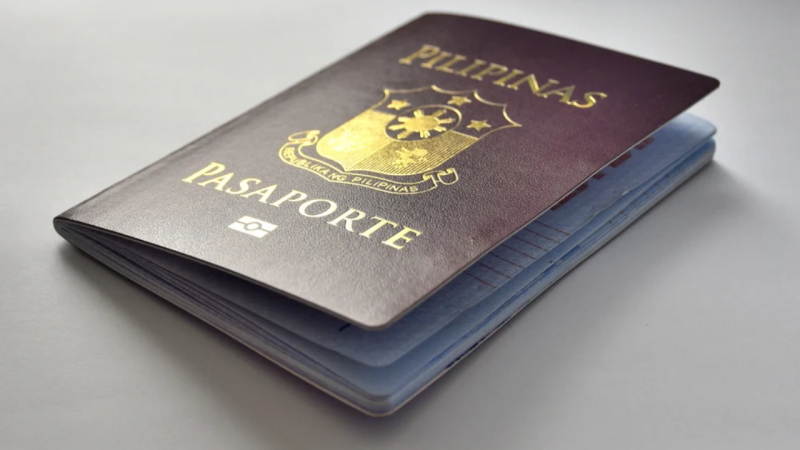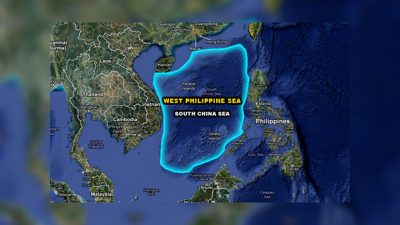MANILA — President Ferdinand R. Marcos Jr. has recently approved Republic Act (RA) 11983, titled the New Philippine Passport Act, to streamline the passport application process in the country.
RA 11983, signed by Marcos on March 11, supersedes RA 8239, the Philippine Passport Act of 1996. Its primary objective is to usher in a new era of Philippine passports that adhere to international standards, according to Communication Secretary Cheloy Garafil in a statement released on Friday.
Garafil emphasized that the new passport legislation significantly enhances the accessibility of the application process for regular passports, particularly for certain demographic groups such as senior citizens, persons with disabilities (PWDs), and overseas Filipino workers (OFWs).
“The new passport law now empowers the Department of Foreign Affairs (DFA) to offer offsite and mobile passport services beyond consular offices and foreign service posts,” she stated.
The legislation mandates the DFA to prioritize the processing of regular passport applications for senior citizens, PWDs, pregnant women, minors aged 7 years and below, solo parents, OFWs, and individuals with emergency or exceptional circumstances, Garafil added.
RA 11983 further directs the DFA to establish an electronic one-stop shop on its website to facilitate easy application, as well as the collection and submission of required documents.
Under this new law, incumbent government officials and their family members are permitted to hold two passports concurrently, Garafil explained.
“Regular passports are issued to Filipino citizens not eligible for diplomatic or official passports, including government officials or employees traveling abroad for personal reasons,” she clarified.
The legislation outlines strict penalties for offenses such as forgery, withholding, and improper use of passports and other travel documents, as well as unfair and discriminatory practices by DFA officials.
Garafil warned that individuals or entities found confiscating, retaining, or withholding passports issued by the DFA without legal authority could face imprisonment of not less than 12 years and a fine ranging from PHP1 million to PHP2 million.
Similarly, penalties for passport forgery include imprisonment ranging from 6 to 15 years and a fine of not less than PHP100,000 but not exceeding PHP250,000.
“For offenses related to improper passport use and other travel documents, offenders will face imprisonment ranging from 6 to 15 years and a fine of not less than PHP100,000 but not exceeding PHP250,000,” Garafil remarked.
The law also specifies penalties for unfair and discriminatory practices in passport issuance, including suspension and dismissal from service, as well as fines of up to PHP250,000 and a maximum imprisonment of six years.
The Malacañang Palace has not yet released an official copy of RA 11983.
Garafil confirmed that the new passport law will come into effect 15 days after its publication, either in the Official Gazette or a newspaper of general circulation.
(el Amigo/MNM)







